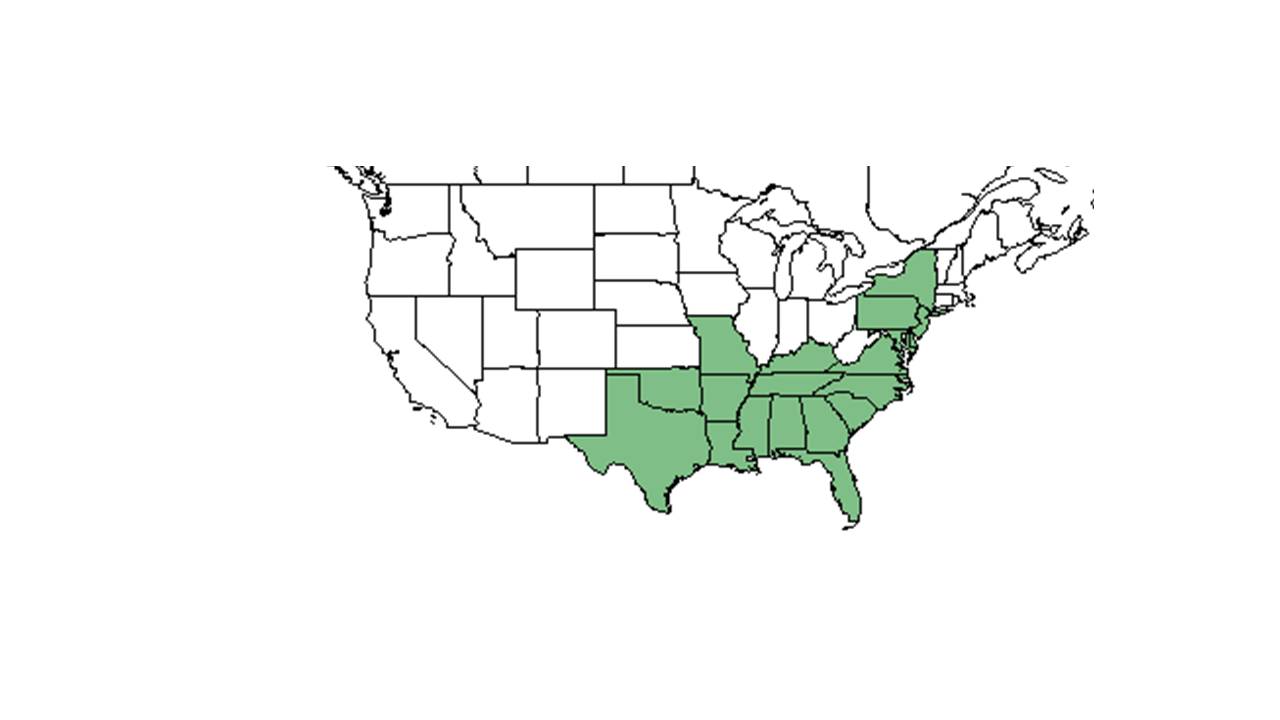Difference between revisions of "Cyperus plukenetii"
Ruthstetler (talk | contribs) (→References and notes) |
Ruthstetler (talk | contribs) |
||
| Line 30: | Line 30: | ||
===Seed bank and germination=== | ===Seed bank and germination=== | ||
===Fire ecology=== <!--Fire tolerance, fire dependence, adaptive fire responses--> | ===Fire ecology=== <!--Fire tolerance, fire dependence, adaptive fire responses--> | ||
| + | This species is fire tolerant and has been found on annually burned pinelands (FSU Herbarium). | ||
| + | |||
===Pollination=== | ===Pollination=== | ||
===Use by animals=== <!--Herbivory, granivory, insect hosting, etc.--> | ===Use by animals=== <!--Herbivory, granivory, insect hosting, etc.--> | ||
Revision as of 20:12, 9 July 2015
| Cyperus plukenetii | |
|---|---|
Error creating thumbnail: Unable to save thumbnail to destination
| |
| Scientific classification | |
| Kingdom: | Plantae |
| Division: | Magnoliophyta - Flowering plants |
| Class: | Liliopsida – Monocotyledons |
| Order: | Cyperales |
| Family: | Cyperaceae |
| Genus: | Cyperus |
| Species: | C. plukenetii |
| Binomial name | |
| Cyperus plukenetii Fernald | |

| |
| Natural range of Cyperus plukenetii from USDA NRCS Plants Database. | |
Contents
Description
Common Name: Plukenet's flatsedge
Distribution
Ecology
Habitat
It requires sandy soils.[1] It is found in sparse scrub woods, woods' edges, and open fields.[2]
Phenology
Seed dispersal
It can be dispersed in a variety of ways: rain wash, transport of achenes in mud on feet of migratory waterfowl[3], ingestion of fruits by migratory waterfowl[4], and flotation of achenes (Chermezon 1924; Ridley 1930; Lye 1981)[5]It also uses animals as dispersal agents by attaching to their fur by spikelets[1]
Seed bank and germination
Fire ecology
This species is fire tolerant and has been found on annually burned pinelands (FSU Herbarium).
Pollination
Use by animals
Diseases and parasites
Conservation and Management
Cultivation and restoration
Photo Gallery
References and notes
Florida State University Robert K. Godfrey Herbarium database. URL: http://herbarium.bio.fsu.edu. Last accessed: June 2014.
Collectors: A. H. Curtiss, R. Kral, R.K. Godfrey, Gary R. Knight, George R. Cooley, Richard J. Eaton, R. F. Doren, R L Lazor, V. Sullivan, Holly Maurushat, Richard S. Mitchell, Loran C. Anderson, Andre F. Clewell, and Kevin Oakes.
States and Counties: Florida: Calhoun, Duval, Hernando, Jackson, Jefferson, Leon, Liberty, Marion, Okaloosa, Taylor, Wakulla, and Walton. Georgia: Baker, Grady, and Marion.
- ↑ 1.0 1.1 Carter, R. (1993). "Animal dispersal of the North American Sedge, Cyperus plukenetii (Cyperaceae)." American Midland Naturalist 129: 352-356.
- ↑ CARTER, R. 1984. A systematic study of the New World species of section Umbellati of Cyperus. Unpubl. Ph.D. Thesis, Vanderbilt University, Nashville, Tenn. 279 p. Carter, R. (1993). "Animal dispersal of the North American Sedge, Cyperus plukenetii (Cyperaceae)." American Midland Naturalist 129: 352-356.
- ↑ RIDLEY, H. N. 1930. The dispersal of plants throughout the world. L. Reeve & Co., Ltd., Ashford, Kent. 744 p. Carter, R. (1993). "Animal dispersal of the North American Sedge, Cyperus plukenetii (Cyperaceae)." American Midland Naturalist 129: 352-356.
- ↑ RIDLEY, H. N. 1930. The dispersal of plants throughout the world. L. Reeve & Co., Ltd., Ashford, Kent. 744 p. BEND, G. 1937. Eigenartige verbreitung-seinrichtungen bei der Cyperaceen gattung Gahnia. Flora, 131:369-386. Carter, R. (1993). "Animal dispersal of the North American Sedge, Cyperus plukenetii (Cyperaceae)." American Midland Naturalist 129: 352-356.
- ↑ CHERMEZON, H. 1924. Sur la dissemination de quelques Cyperacees. Bull. Soc. Bot. France, 71:849- 861. RIDLEY, H. N. 1930. The dispersal of plants throughout the world. L. Reeve & Co., Ltd., Ashford, Kent. 744 p. LYE, K. A. 1981. Studies in African Cyperaceae 19. The genera of Anosporum Nees and Sorostachys Steudel. Nord. J. Bot., 1:186-191.